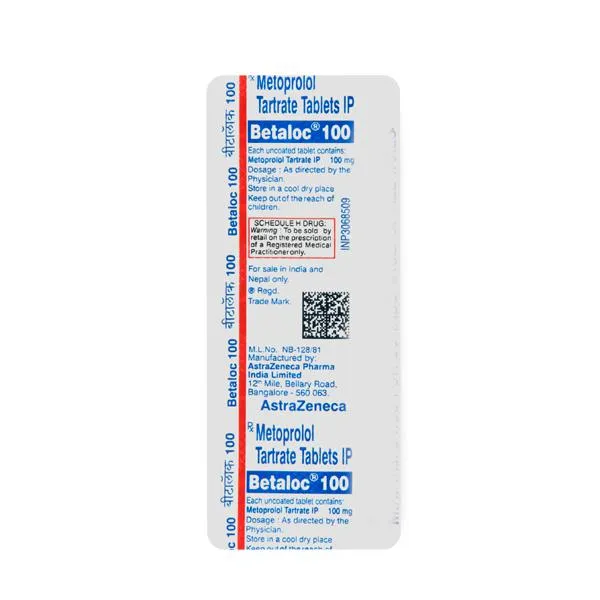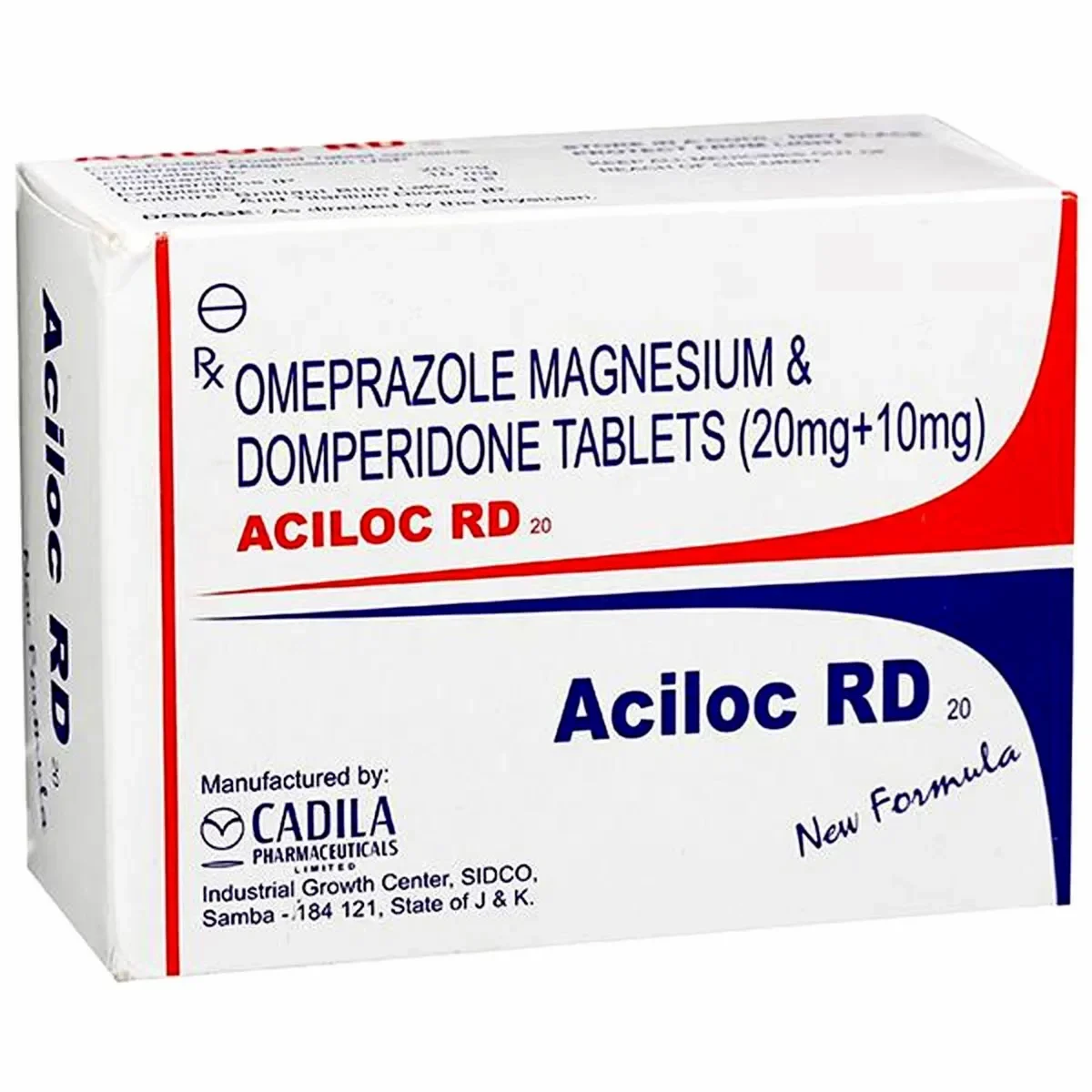Use:
Beta-blockers are a class of medicines used to treat hypertension (high blood pressure), angina pectoris (chest pain), and arrhythmia (an irregular heart beat). It also helps prevent future heart attacks, stroke, and migraines.
Indication:
It is also used to treat symptoms caused by hyperthyroidism (an overactive thyroid). It can be prescribed on its own or in combination with other medicines. The dosage and frequency of administration will depend on the purpose of the treatment and the nature of the condition. It can be taken on its own or taken with a meal. However, to get the maximum benefit, it is recommended to take it at regular intervals throughout the day. It can take several weeks for the full effects of this medicine to be felt and may need to be taken for the duration of the patient’s life. It is also important to take it even when feeling fine. Most people who have high blood pressure don’t feel ill, and if stopped taking it, the condition may worsen.
Side Effects:
The most common side effects are low blood pressure (sudden decrease in blood pressure), slow heart rate, headaches, dizziness, and nausea. The side effects are usually mild and do not last very long. Some people may feel short of breath or have low blood pressure. Your doctor will likely start you on a low dose and increase it gradually. Talk to your doctor if you experience side effects or if they persist.
Safety Advice:
If you have liver problems, consult your doctor before taking this medicine. It may not be suitable for patients with low heart rate, severe circulatory issues, severe heart failure or low blood pressure, and pregnant or breastfeeding mothers. You must consult your doctor to determine if this medicine is right for you. Your blood pressure should be checked regularly to ensure the medicine is working correctly. Do not drink alcohol as it may worsen some of the side effects of this medicine.










